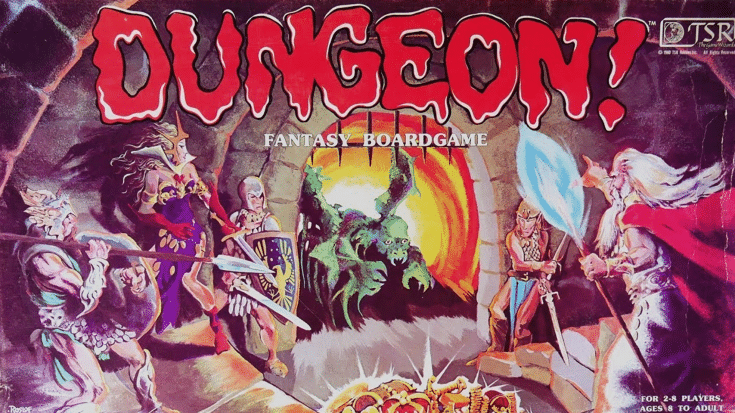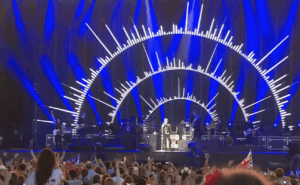6 Worst Classic Board Games That Are Hard to Play Now

via Black Magic Craft / YouTube
Some classic board games were once staples of family game nights but haven’t aged well. Complicated rules, unclear objectives, or outdated concepts have made these games frustrating for modern players. While they were popular in their time, they now serve as reminders of how much games have evolved.
1. “Careers”
Careers was introduced in the 1950s and gained traction for its unique mix of life goals and job paths. Players set secret objectives for fame, fortune, and happiness, but the overly complicated rules made it hard to follow.
The game’s outdated themes and slow pacing now feel tedious. Modern audiences prefer simpler games with clearer goals, leaving Careers as a relic of its era.
2. “Risk”
Risk promised players the thrill of global conquest but required an extraordinary amount of time to finish. Its drawn-out gameplay, combined with luck-based dice rolls, often led to frustration rather than strategy.
Players who once embraced its ambition now find it repetitive and overly reliant on chance, making it less appealing today.
3. “The Game of Life”
The Game of Life aimed to simulate major life decisions, but its reliance on random spins and pre-set paths left players with little real choice. The game’s outdated portrayal of careers and family life also feels disconnected from today’s realities.
While nostalgic for some, its lack of meaningful decision-making makes it feel shallow compared to newer games.
4. “Monopoly”
Monopoly may still be played today, but its slow pace and tendency to cause arguments have made it infamous. The game often drags on for hours, and its reliance on luck can feel unfair.
Players frustrated by its endless trading and property disputes might prefer quicker, more balanced games instead.
5. “Clue”
Clue brought players into a murder mystery, but its mechanics often felt repetitive. Endless guessing and frequent backtracking to figure out the solution left some players bored or confused.
Modern mystery games have refined the concept, making Clue feel clunky by comparison. While iconic, it struggles to keep up with today’s expectations.
6. “Dungeon!”
Dungeon! aimed to bring the excitement of Dungeons & Dragons to a simpler board game format, but its gameplay lacked the depth or creativity of its inspiration. Players often felt like they were just rolling dice and moving pieces without any real engagement.
Its repetitive nature and limited storytelling make it hard to enjoy now, especially with so many better alternatives available.













